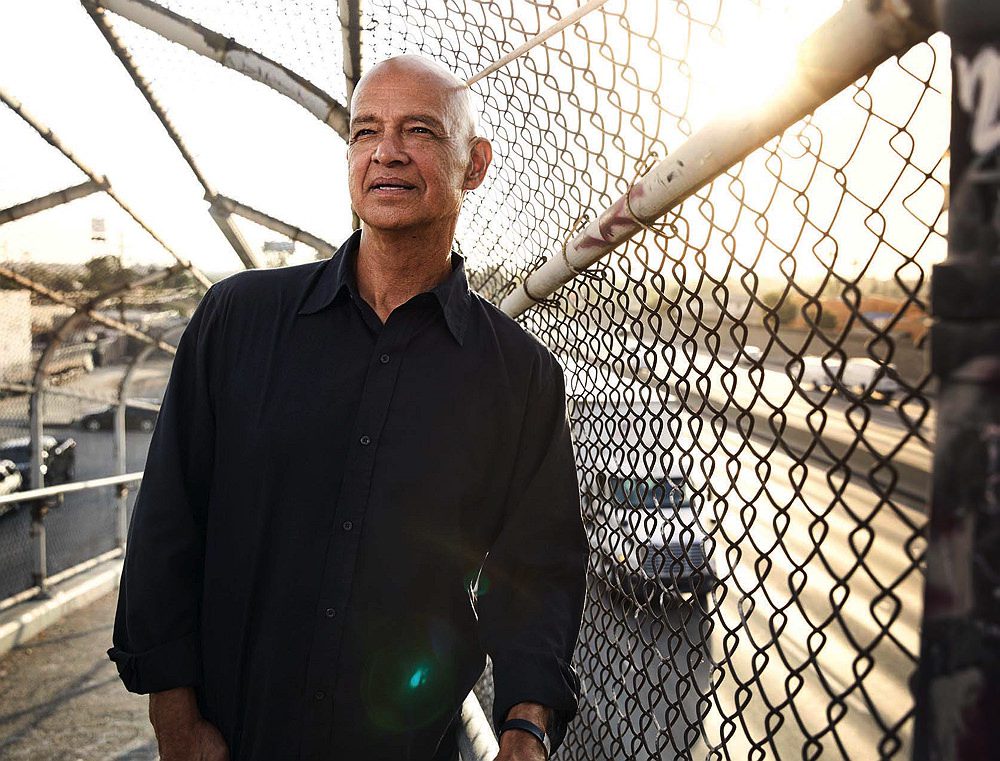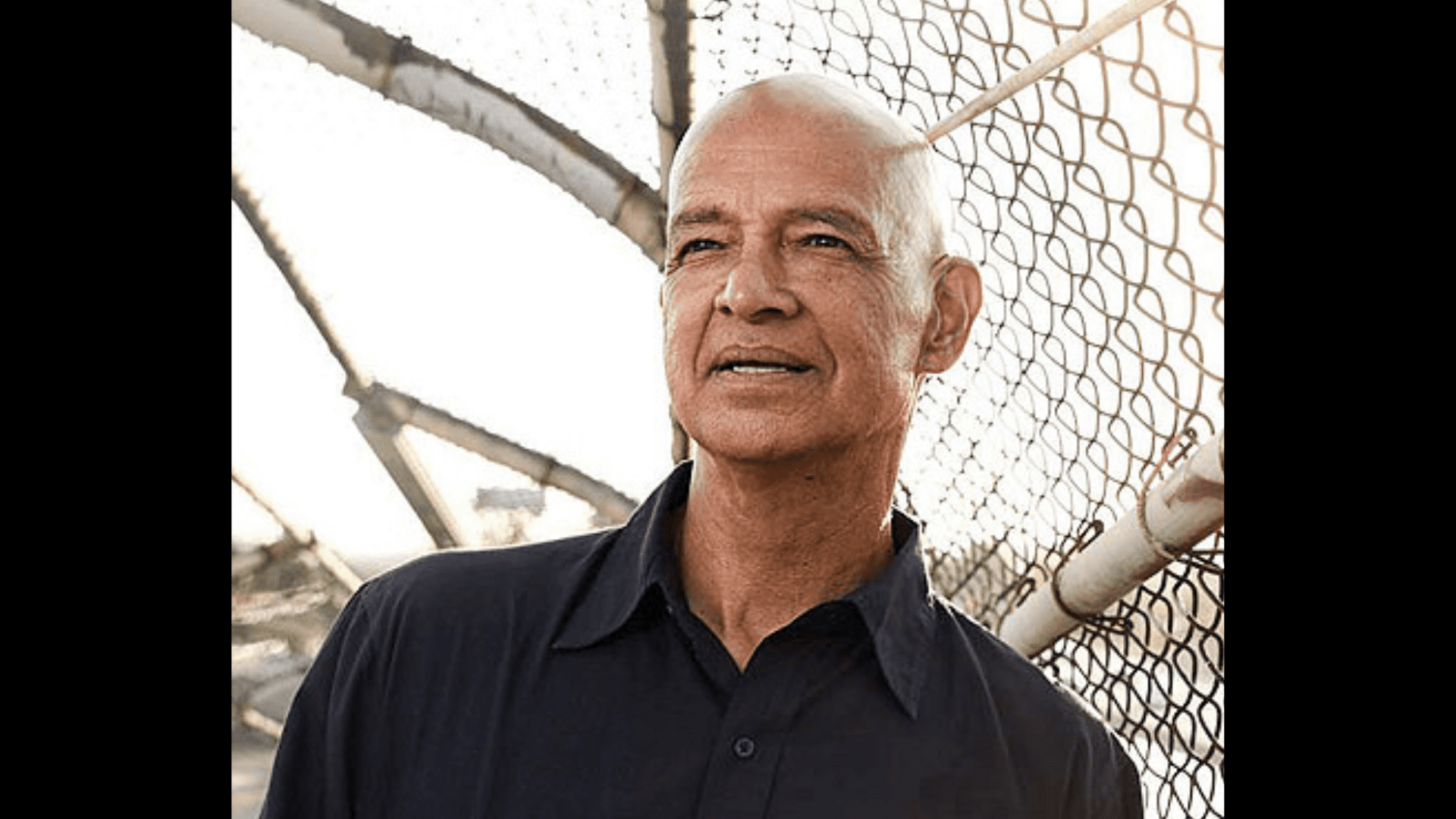Jerry López
Center for Racial and Economic Justice Wiley Manuel Visiting Professor and Scholar
Bio
In earlier decades, López served on the faculties of NYU, Stanford, Harvard, and California Western law schools. In 2003, he founded the Center for Community Problem Solving in New York City. From 1985-1994, he helped develop and co-launched the Lawyering Against Subordination/Lawyering for Social Change Concentration at Stanford. In 1975, with Tom Adler, Roy Cazares and Napoleon Jones, he formed a radical storefront law firm in San Diego. Over the years, López’ practice, his clinical teaching, and his writing have focused on whatever challenges subordinated communities face. Those challenges include the routinely brutal criminal justice and immigration systems. The too often vile health care and educational institutions. The predatory financial, housing, labor, and consumer markets. The absence of favorable economic development and the presence of deadly environmental racism. The everyday failures to provide public benefits and to enforce anti-discrimination laws. The cold-blooded dismissal of the prevalence of domestic violence and sexual harassment. The rejection and weakening of self-determination, and so much more.
Across all these fronts, López aims accurately to describe the ruthless contemporary and historical realities of everyday life governed by White Supremacist and authoritarian regimes (across the globe, transnationally, and within constitutional democracies like the United States). And he highlights the need imaginatively to pursue varied strategies (familiar and improvised ensembles) to have a shot at changing situations and traditions that appear too formidable to alter.
In all his work, López has called attention to how struggles of every sort (including dealing with ostensibly mundane hassles) express the largely ignored experiences of communities targeted as genetically and culturally sub-human by the bi-partisan mainstream as much as by the far right. And he has emphasized how we can and should most ambitiously work with one another – how we can and should practice rebelliously — in addressing often messy, entangled problems. How we work with one another is at the heart of how we co-exist in the achievable utopias radicals seek.
If we open up to the truth that everyone can teach us, we can find others – from nearby to afar – demonstrating we can stand up to and sometimes take down godlike bullies and invincible networks. We can discover not just in others but in ourselves, periods where we foreshadow and at least partially embody, through work and life, the transformed worlds that otherwise can feel hopelessly beyond our reach.
López’s latest published works include Gerald P. López, “Growing Up in Authoritarian 1950s East LA,” 66 UCLA Law Review (2019), and he is the author of REBELLIOUS LAWYERING – ONE CHICANO’S VISION OF PROGRESSIVE LAW PRACTICE.

